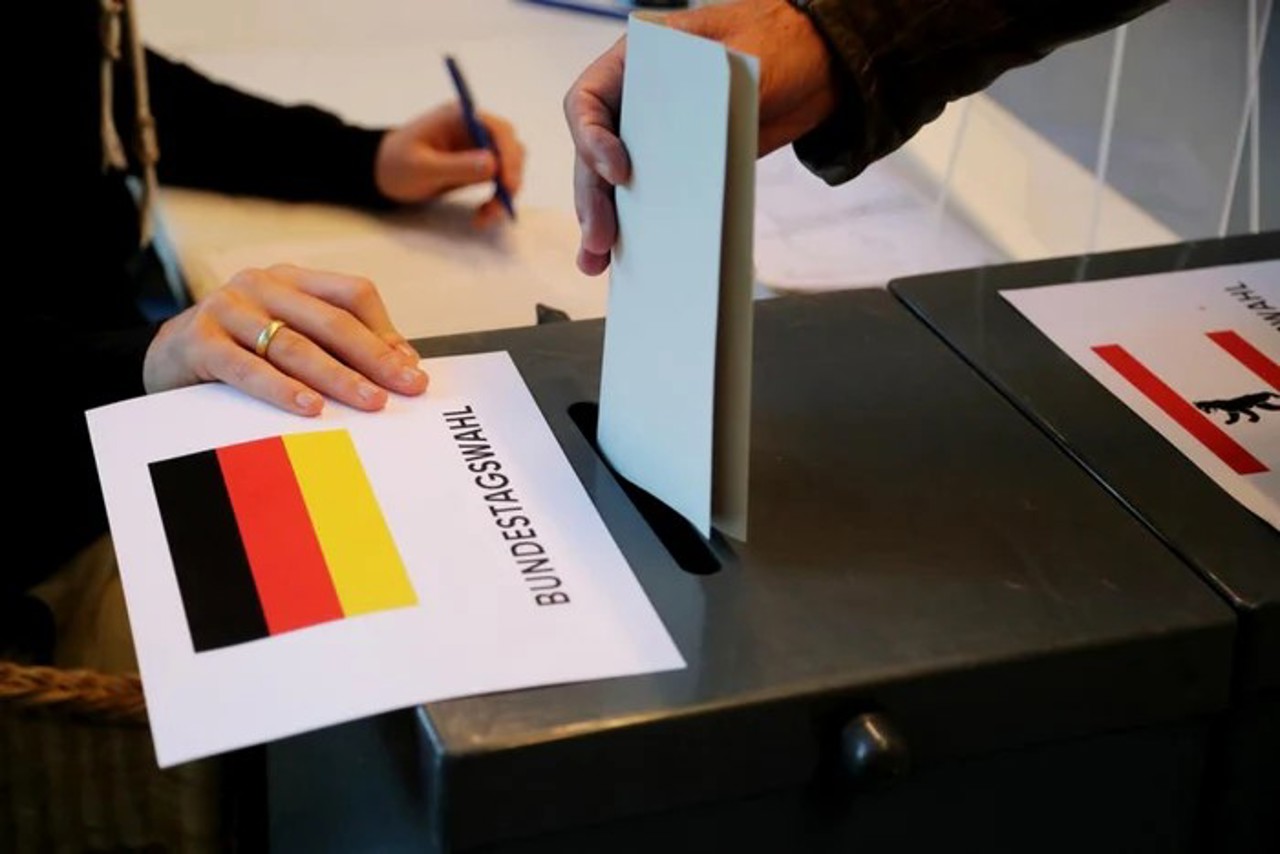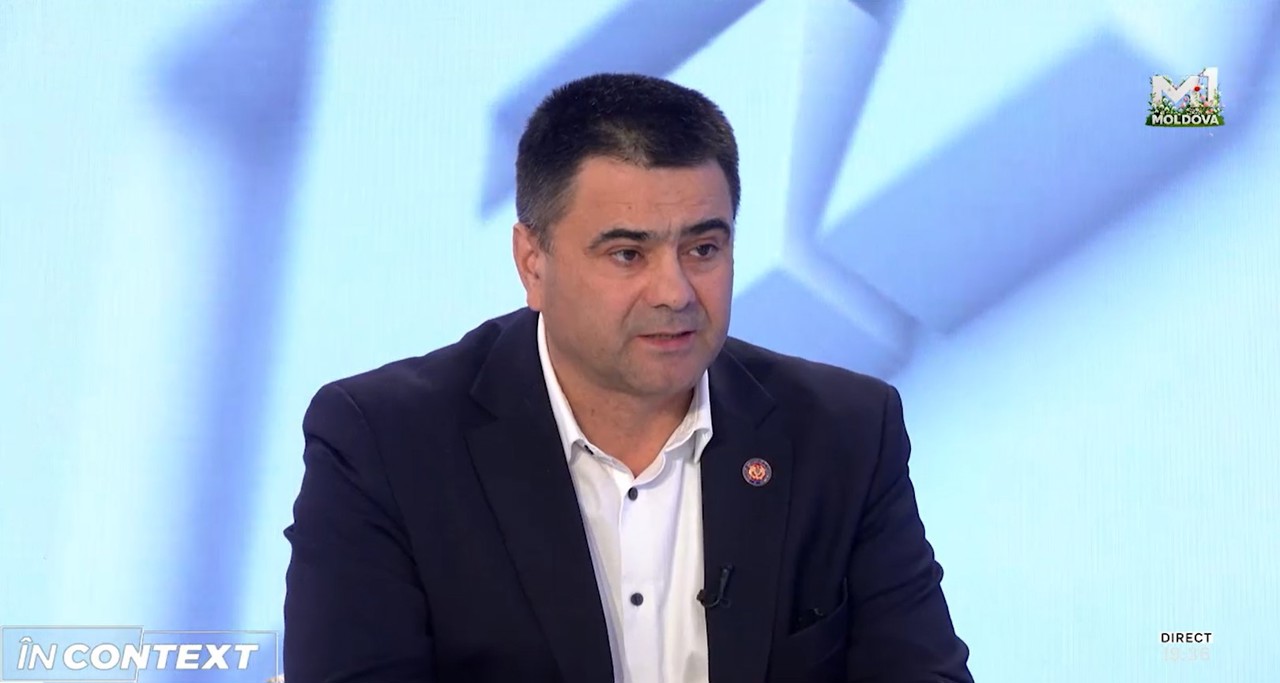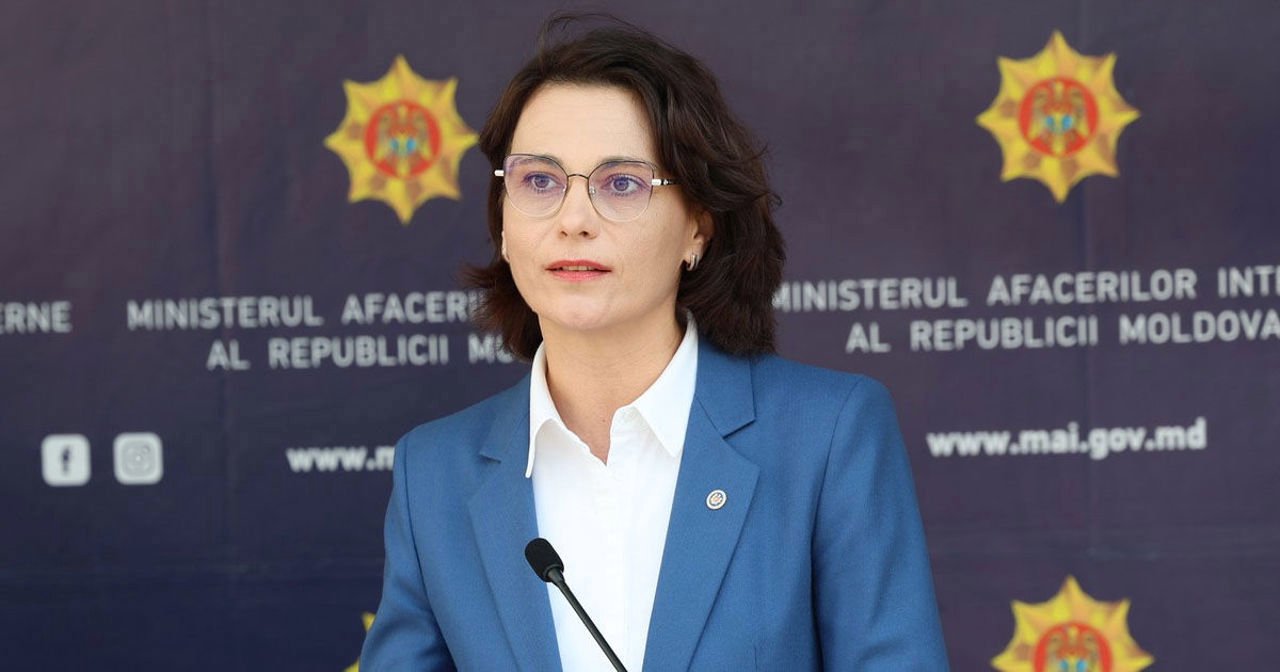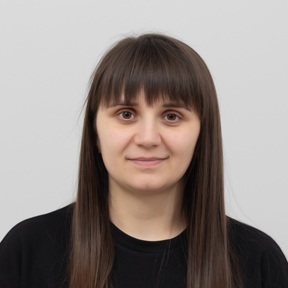Germany’s federal elections: Key issues and party dynamics
On Sunday, February 23, early federal elections will take place in Germany, where members of the 21st Bundestag will be elected.

The most pressing issues highlighted in the candidates’ speeches are migration and the economic situation, and the proposed solutions could significantly influence the election results. However, just days before the polls open, some potential voters remain undecided. Currently, opinion polls place the conservative bloc—composed of the Christian Democratic Union (CDU) and its Bavarian ally, the Christian Social Union (CSU)—in the lead with about 30 percent, followed by the far-right Alternative for Germany (AfD) with over 20 percent.
Most Germans hope that, after these elections, at least two coalition options will emerge among democratic forces, aiming to bypass the extremist AfD party. The AfD advocates for Germany’s potential exit from the European Union and the cessation of support for Ukraine from the largest economy in Europe, as noted by German analyst Tudor Ancuța in the “Paralela 47” show on Radio Moldova. Regarding foreign policy, the best coalition for Germany would be between conservatives and the Greens, as both share a common vision regarding support for Ukraine and the situation in the Middle East.
“There are indeed many parties participating in the vote in Germany, about 29, I believe, but only around 7-8 are relevant. The real stakes of this election are to ensure Germany has a stable government again, with a clear pro-European majority, capable of continuing the country's course by supporting Ukraine, restarting the economy, and redefining its relationship with the United States, which seems to be different from what we were used to,” said Tudor Ancuța.
Debates surrounding immigration and security have dominated the election campaign, especially after several violent incidents involving migrants in Germany in recent weeks.
According to polls, Friedrich Merz is the frontrunner for the chancellorship. The president of the CDU leads the parliamentary group formed in cooperation with the CSU. After 16 years of government, the conservatives became the strongest opposition force in the Bundestag in 2021, and now aim to return to power. Ancuța specifies that Merz is a pro-Western politician, supports Ukraine in every possible way, takes an anti-Russian stance, and will maintain a special relationship with the United States.
“Friedrich Merz is an old figure in Berlin politics, though he took a long break when Merkel became the leader of the conservatives. He and Merkel were rivals for the same position, head of the parliamentary group within the Bundestag. After losing, Merz left the party and entered the private sector, working as a lawyer and consultant. Later, after Merkel’s departure, he returned to the party. For example, on migration, Merz is significantly stricter than Merkel’s open-door policies,” Ancuța remarked.
Meanwhile, amid the rise of the far-right, protests have erupted across Germany during the election campaign, with hundreds of thousands of people taking to the streets in multiple cities, protesting the shift towards right-wing politics. The early election for a new Bundestag became necessary after the collapse of the government coalition led by Chancellor Olaf Scholz on November 6, 2024, which consisted of the Social Democratic Party of Germany (SPD), the Free Democratic Party (FDP), and the Alliance 90/The Greens. After the elections for the Bundestag, the parties will form a new government coalition, whose representatives will then enter the government. The newly composed parliament will approve the chancellor's candidacy.
Translation by Iurie Tataru




